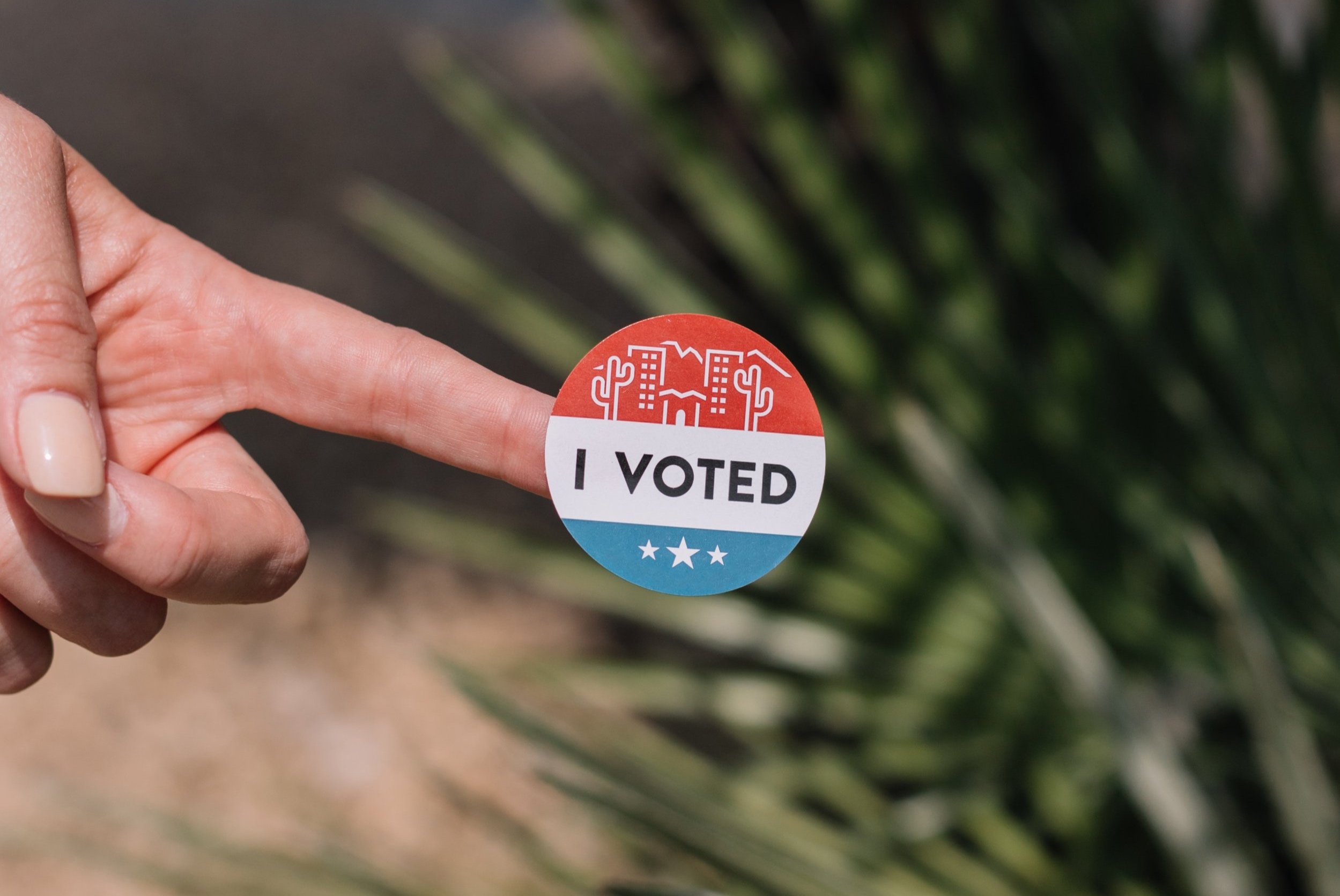Getting Seniors to the Polls
Family Care articles are not a substitute for medical or legal advice from a licensed professional.
In the 2018 election, the 65+ generation was far more likely to vote than any of their younger counterparts. Still, seniors encounter difficulties in getting out to vote that are unique to their generation. Some seniors may have lost the ability to drive, or be unable to stand or walk for long periods of time. Seniors may not have the documentation needed to register in some states, like a valid driver’s license. And increased technology in voting, like online voter registration or digital ballots, may be overwhelming for some seniors. This article provides some ways to make the voting process stress-free for your loved ones.
Register Early
Most states have voter registration deadlines before election day. Many states close registration about a month prior to election day. It’s a good idea to get your loved one registered early, especially if they’ll need to apply to vote by mail. Even if it’s possible to register at the polling place on election day, this adds time and stress to the voting process. It makes the outing longer and more involved, which can be difficult for some seniors.
If your loved one’s ID is expired, this may make it more difficult to register in some states. If they are no longer available to drive, you can help them get a state ID, US passport, or other acceptable form of identification. This can take some time, which makes preparing early even more important.
Know Your Vote-by-Mail Options
For homebound seniors, vote by mail can be the best option. Some states, like Nevada and Utah, automatically send vote-by-mail ballots to registered voters. Other states require you to submit an application, often well in advance of election day. See the resources below for the states in and around Family Care’s area of service.
Arizona Nevada Utah Texas California New Mexico
Avoid Peak Voting Times
In general, mid-term elections and primaries are less crowded than the general election. To avoid the crowds, some polling places are open in the days leading up to election day. Going early can be a calmer experience for seniors.
If you want or have to go to the polls on election day, avoiding peak times can help make the process faster. Polling places are most crowded early in the morning and late in the day, when people stop in before or after work. Going during the day can help avoid long lines, and ensure you’ll be able to get any accommodations your loved one needs.
Research What’s on the Ballot
There’s a lot more on a ballot than some people realize! Vote 411 is a great resource for determining what exactly you’ll be asked to vote for on your ballot. By plugging in your street address, you can see each issue that will be on the ballot, as well as your election date, nearest polling location, and your voter registration status. Using a resource like this is a great way to avoid surprises on election day.
Be Aware of Available Accommodations
During federal elections, polling stations provide some accommodations to voters with disabilities. This includes things like handicap accessible entrances and accessible voting systems. A voter can be assisted at the voting equipment by someone they bring with them, or by two election workers. The person completing the ballot takes an oath to fill out the ballot exactly as the voter instructs them to do.
Curbside voting is also available at some polling stations, where an election worker will bring the ballot to the voter’s car. In this instance, it is a good idea to call the polling place ahead of time and ask them if this is available. It helps them to expect your arrival, and makes the process move faster.
Many third-party organizations arrange transportation to the polls. These local resources are easy to find close to election day, either online or through the news. Calling these organizations ahead of time can help them add your loved one to their schedule. If your loved one receives home healthcare services, a medical social worker can help connect you with these resources.
Getting to the polls can be a big ordeal, especially for those who are typically homebound. But preparing early and making sure you’re aware of the community resources available to you can make the process as pain-free as possible!

